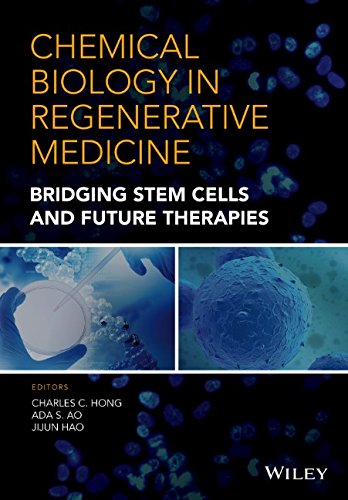

Most ebook files are in PDF format, so you can easily read them using various software such as Foxit Reader or directly on the Google Chrome browser.
Some ebook files are released by publishers in other formats such as .awz, .mobi, .epub, .fb2, etc. You may need to install specific software to read these formats on mobile/PC, such as Calibre.
Please read the tutorial at this link: https://ebookbell.com/faq
We offer FREE conversion to the popular formats you request; however, this may take some time. Therefore, right after payment, please email us, and we will try to provide the service as quickly as possible.
For some exceptional file formats or broken links (if any), please refrain from opening any disputes. Instead, email us first, and we will try to assist within a maximum of 6 hours.
EbookBell Team

4.4
92 reviewsChemical Biology in Regenerative Medicine: Bridging Stem Cells and Future Therapies
The field of regenerative medicine has advanced at a rapid pace and this comprehensive summary of new developments is a timely contribution to the field as clinical trials have begun to assess the safety and efficacy of cell-based therapies.
In Chemical Biology in Regenerative Medicine, an international team of experts provides an overview of progress towards clinical application in the areas of transplantation (allogenic and autologous), manipulation of niche environment and homing, and cell reprogramming (trans-differentiation and de-differentiation). The book highlights the interdisciplinary approaches undertaken to resolve current technical problems in regenerative medicine, with special attention paid to small molecules and biomaterials engineering.
This volume provides an essential overview of this emerging technology for researchers in academic, industrial and clinical environments working in regenerative medicine, chemical biology, biochemistry, cell biology, biomaterials and bioengineering. It is appropriate for training students and newcomers to the field, benefitting readers in broadening their knowledge and giving them insights to regenerative chemical biology, as well as encouraging readers to implement the key points in their own fields of study to develop new technologies.